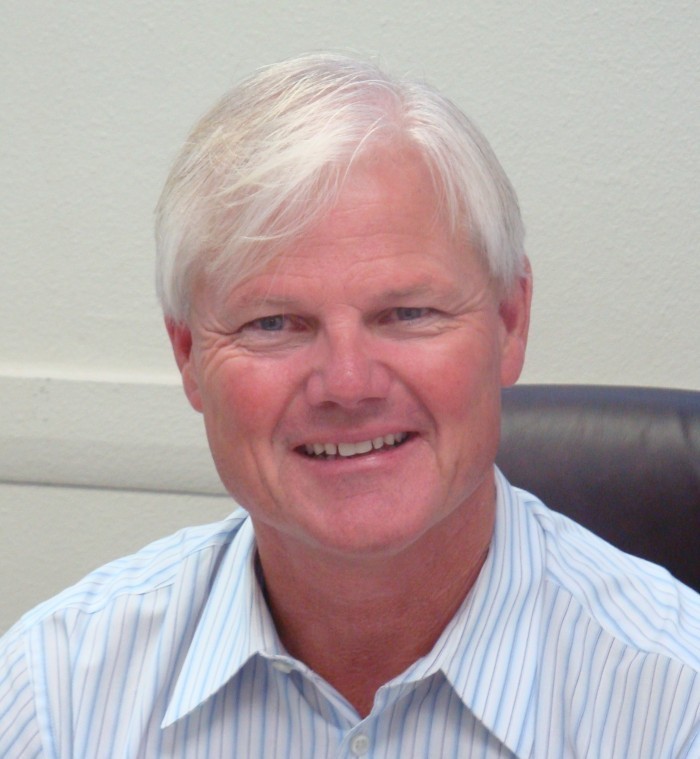Leaders of a small rural Idaho school district have found a way to make preschool work – even though the state doesn’t pay for the program.

Outgoing Garden Valley Superintendent Randy Schrader and the district’s board of trustees brought back preschool three years ago when Schrader took over the then-struggling district.
Schrader said the district, located about 56 miles north of Boise, previously offered preschool education, but was forced to cut it in response to recession-era budget cuts.
“I think the rationale for all preschool is getting kids a jump in language immersion and building their vocabulary so they continue to move forward in school,” Schrader said. “There is also a social part of preschool.”
A discussion of preschool and early childhood education has been ramping up in Idaho. The state doesn’t pay for preschool, and only pays for half-day kindergarten.
With Mississippi and Hawaii piloting preschool programs, Idaho is one of only eight remaining states that doesn’t fund pre-K.
Rep. Hy Kloc, D-Boise, said he is drafting legislation to create a public-private preschool pilot program.
But not everyone is making preschool a priority. Gov. Butch Otter’s 31-member Task Force for Improving Education didn’t address preschool when it issued its recommendations in August.

Task force members Richard Westerberg and Linda Clark said during a Nov. 13 City Club of Boise forum that members wanted to focus on the existing K-12 education programs.
But task force member Mike Lanza said preschool should nevertheless be a priority.
“Some of us wanted to address pre-K,” Lanza said. “We know from overwhelming data that for the dollars invested it is one of the best ways to improve outcomes for education.”
In the past, lawmakers have resisted the move to preschool, saying parents should be responsible for early childhood learning and resources for K-12 schools are already tight.
Garden Valley is able to offer preschool to all of the district’s 4-year-olds at no cost to the parents. Ten students are enrolled this year, and they attend preschool in the morning two days a week (Garden Valley uses a four-day school week with longer sessions Mondays through Thursdays).
Garden Valley was able to use an existing staff member who is certified to teach preschool to run the program, minimizing the cost to the district.
The preschool students are able to ride the bus to the Garden Valley School in the mornings and eat lunch for free. Then preschool students’ parents must pick them up from school when they get out at 12:30 p.m.
Schrader is a big believer in preschool, and hopes to see the district expand preschool to three days per week.
Schrader said every student who attended preschool in the district scored a three on the Idaho Reading Indicator assessment. A three is the highest score, and indicates students are progressing and reading at or above grader level.
“We get 4-year-olds who don’t know their number and letters – we’re finding kids who need extra help,” Schrader said. “If we’re not doing preschool, we wouldn’t know that (until kindergarten) and we have a whole extra year to work with them.”
Schrader admitted that Garden Valley’s program – which relies on existing resources and necessitates other staffers covering for the preschool teacher on a half-time basis – could not be easily replicated in larger districts such as Meridian or Boise.
But other districts also have experienced success with some form of preschool. In Caldwell, the United Way of Treasure Valley, the YMCA and other organizations have partnered with the school district to offer preschool through the P16 program.
Caldwell officials reported that 48 percent of the P16 preschool graduates achieved the highest score on the IRI test last year, versus 28.6 percent of kindergarten students district wide.
With an emphasis on results, Schrader said it was important for his district to find a way to do it.
“A lot of parents feel it is still the responsibility of the parent to work with kids when they are young, but that doesn’t always happen,” Schrader said. “We do whatever we can. We don’t have funding for it, but we leverage the people we have here and make it work.”
